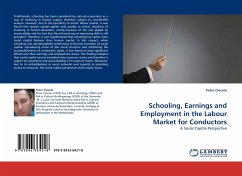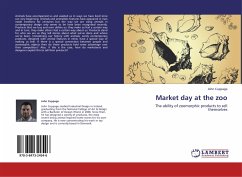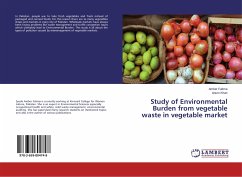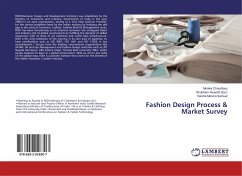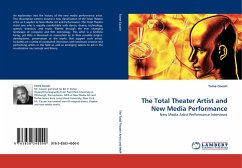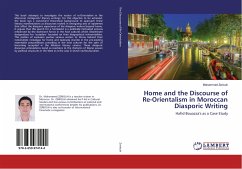Traditionally, schooling has been considered by cultural economists as a way of investing in human capital, therefore subject to cost-benefit analysis. However, due to the specificity of artists' labour market, it was found that human capital applies only weakly to artists' decisions of investing in formal education, mainly because of the role played by innate ability and the fact that the informal way of improving skills is still prevalent. Therefore, it was hypothesized that schooling has rather more social capital features than human capital. In this respect, when schooling was operationalized conforming to the two functions of social capital, reproducing some of the social structure and facilitating the accomplishments of conductors' goals, it was found to have significant effects over their earnings and employment status. This finding indicates that social capital can be translated into economic terms and therefore is subject to investment and accountability of its rates of return. Moreover, due to its embeddedness in social networks and capacity to providing access to resources, the social capital perspective raises equity issues.
Bitte wählen Sie Ihr Anliegen aus.
Rechnungen
Retourenschein anfordern
Bestellstatus
Storno

